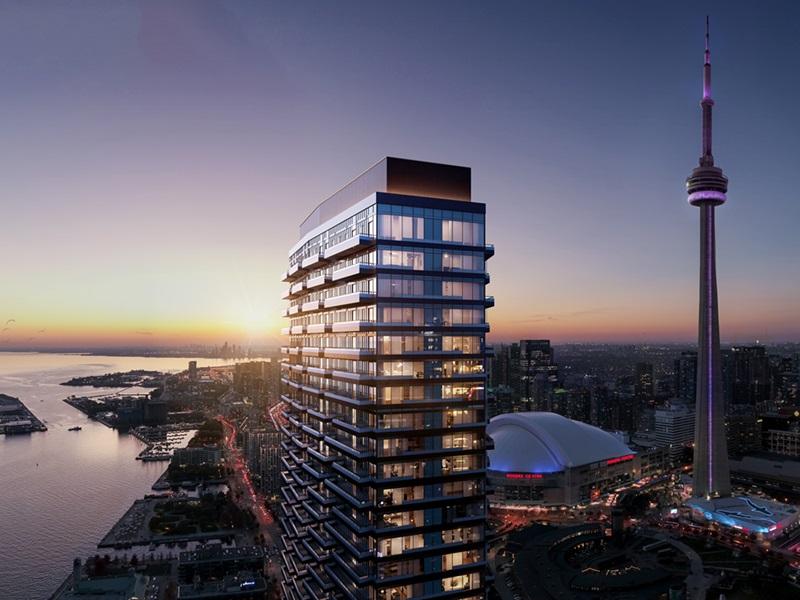Montreal’s new electric train project will provide a major boost to real estate development in parts of the city, members of the local real estate community heard at a conference this week.
“For us, it’s major,” said Mario Monette, president and CEO of Technoparc Montréal, a major science, health and green technology industrial park in suburban Saint-Laurent. “It’s a game changer for us.”
Speaking at the Montreal Real Estate Forum on Tuesday, Monette said the Technoparc expects $625 million in investments in the next 15 years, due in large part to the new train.
Will be developed by CDPQ Infra
The réseau électrique métropolitain (REM) or Metropolitan Electric Network project will be developed by CDPQ Infra, the infrastructure subsidiary of Quebec’s pension fund, the Caisse de dépôt et placement du Québec.
It will run at ground level, above ground and underground and link downtown, South Shore, West Island, North Shore and Pierre Elliott Trudeau Airport as well as existing Métro stations and commuter rail lines via an automated, 67-km LRT system that will have 27 stations and operate 20 hours a day.
To reach the South Shore, it will cross the new Champlain Bridge, now under construction.
More than half would take the train
Monette said surveys have found only seven per cent of Technoparc employees currently use public transit to get to work and that those numbers have been declining. But 59 per cent of employees said they would take the train, which will have a station at the Technoparc.
The Caisse has committed to pay for about half of the $6-billion project, while the Quebec government promised $1.3 billion in its March 28 budget and is calling upon Ottawa to provide the same funding.
The Quebec and federal governments would each own 24.5% of the train system, while the Caisse would own 51%.
The train will be “a major economic plus for residential real estate,” added Jacques Vincent, co-president of Prével. The company is developing several condominium buildings in the booming Griffintown neighbourhood south of downtown, which will also be served by a new train station.
Expected to ease traffic congestion
Vincent said the train will ease traffic congestion in Griffintown, a high-density area with little in the way of public transit. It will also boost consumer confidence in Montreal and lead to significant construction even in built-up areas, he said.
For its part, the Caisse estimates $5 billion in private real estate investments along the project’s route.
Vincent said the real estate community should resist the opposition the train project has been receiving in some quarters, including Quebec’s environmental review agency the Bureau d’audiences publiques sur l’environnement (BAPE) which has declined to provide support.
Trainsparence, a coalition of environmental groups, has gone to court, arguing the Caisse did not respect the public-consultation process by not providing sufficient information to the BAPE.
Vincent noted several proposed real estate projects in the city have stalled in recent years due to opposition. “We should be confident in the Caisse which has proved itself worldwide.”
Also involved in Canada Line
The Caisse is also one of the builders of the Canada Line, the section of Vancouver’s SkyTrain that links downtown Vancouver with the airport and suburban Richmond.
Bernard Poliquin, senior vice-president, office-Quebec at Ivanhoé Cambridge, also called upon the business community to support the project which he said “is essential for Montreal.”
Vincent said his biggest worry is that train could make it easier for people to leave Montreal for the suburbs, which in turn would lower the city’s tax coffers and contribute to urban sprawl.
The Caisse hopes to begin construction by the end of the year with the first trains running by 2020.







